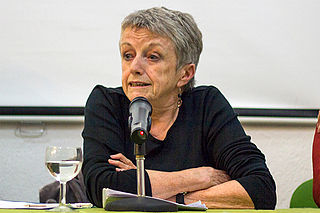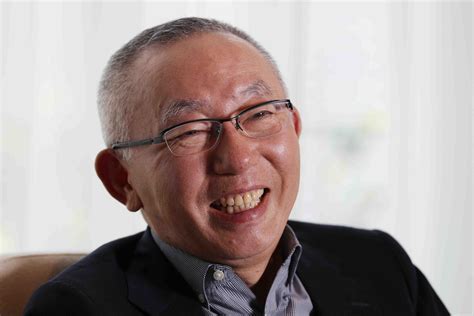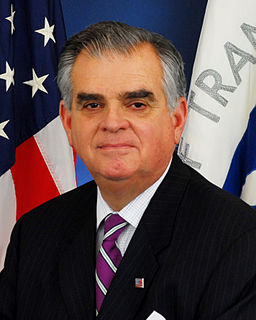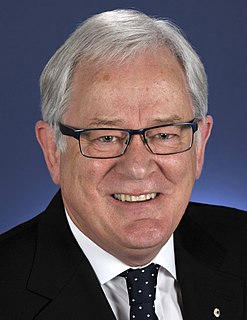A Quote by John Berger
Globalisation means many things. At one level, it talks of trade, which since the 16th century has exchanged goods and now, increasingly, ideas and information across the globe. But globalisation is also a view of the world - it is an opinion about man and why men are on the world.
Related Quotes
Incidentally, I don't think there is a non-adjectival 'globalisation'. What we have now is a particular form: dominated by finance and multinational corporations and by a rhetoric (though not a reality) of 'free trade' and market forces. So I'm not a localist. I'm an internationalist, but one who believes (a) that such a thing is really only possible through a prior grounding and (b) that the terms of our present globalisation have to be challenged politically.
It remains the task of governments to implement the fundamental human rights standards which should influence all aspects of globalisation, including even trade talks, and to be answerable for this in a democratic way. The structure is international, but the accountability is national and I would like to see that accountability being more penetrating at regional and local level, especially in federal systems.
If we, on our most fundamental level, are packets of quantum energy constantly exchanging information with this heaving energy sea, it means that all of us connect with each other and the world at the level of the very undercoat of our being. It also means that we have the power to access much more information about the world than we realize.
I feel this way about it. World trade means world peace and consequently the World Trade Center buildings in New York ... had a bigger purpose than just to provide room for tenants. The World Trade Center is a living symbol of man's dedication to world peace ... beyond the compelling need to make this a monument to world peace, the World Trade Center should, because of its importance, become a representation of man's belief in humanity, his need for individual dignity, his beliefs in the cooperation of men, and through cooperation, his ability to find greatness.
We live increasingly in a world of haves and have-nots, of gated communities next to ghettos, of extreme poverty and unbelievable riches. Some enjoy rights that are completely denied to others. Relative inequalities are exploding, and the world's poorest, despite all the advances of globalisation, may even be getting poorer.
Africa and its people are the most written about and the least understood of all of the world's people. This condition started in the 15th and the 16th centuries with the beginning of the slave trade system. The Europeans not only colonialized most of the world, they began to colonialize information about the world and its people.
We had a level of tariffs of about five per cent. Now a lot of those will go, most of them will go over time, some of them immediately. Now that means that electronic goods and other things, white goods, coming into Australia, will be cheaper for our community. It also means in many cases that the inputs used by our high-end manufacturers to make a final product are also coming in cheaper than they otherwise would - so it makes those manufacturers more competitive.







































